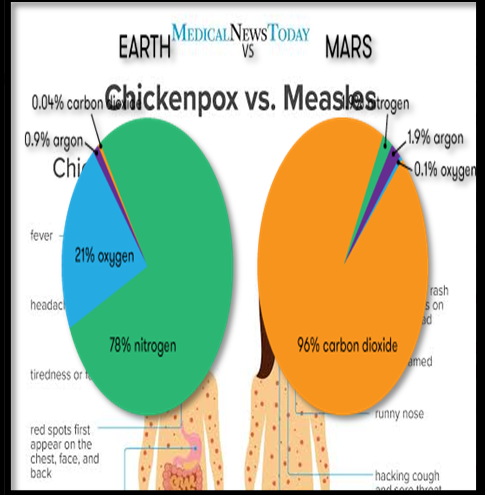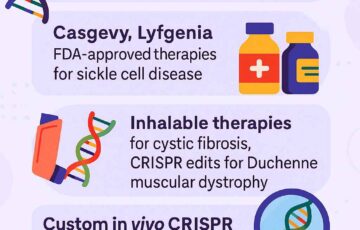AI-DRIVEN OXYGEN PRODUCTION FROM MARTIAN METEORITES
Why in the News ?
- Researchers have harnessed artificial intelligence (AI) to create oxygen-producing materials from meteorites found on Mars.
- This breakthrough, featured in Nature Synthesis, presents a proof of concept for generating oxygen and holds implications for future manned missions to Mars, where oxygen is vital for various applications.
Source: Australian Academy of Science
Oxygen Requirements for Mars Missions
- Human Activities on Mars:
- Oxygen is essential for human activities on Mars, used in rocket propellants and life support systems.
- Cost-Effective Approaches:
- To enhance the cost-effectiveness and simplicity of future Mars missions, leveraging resources present on the planet for oxygen production is explored.
AI-Powered Chemistry
- Robotic AI-Chemist Development:
- Scientists, led by Jun Jiang from the University of Science and Technology of China, developed a robotic AI-chemist capable of creating catalysts for oxygen production.
- Machine Learning Model:
- The AI-chemist employs a machine-learning model derived from both first-principles data and experimental measurements.
Utilising Martian Resources
- Meteorite Analysis:
- The AI-chemist analyzed meteorites from Mars to identify suitable catalysts, categorizing them into five groups.
- Automated Catalyst Synthesis:
- The AI-chemist automated the synthesis of catalysts from these meteorites, a process that could have taken 2,000 years of human labour.
Catalyst Performance
- Optimal Catalyst Identification:
- The robotic AI-chemist identified the optimal catalyst formula, showcasing its ability to operate under simulated Martian conditions.
- Operational Feasibility:
- The synthesized catalyst demonstrated operational feasibility, producing oxygen at a current density of 10 mA cm⁻² for an extended duration.
Implications
- Automated Synthesis for Mars Exploration:
The researchers highlight the potential of AI-driven chemistry for the automated synthesis of chemicals and materials crucial for Mars exploration.
The study concludes that this AI-driven approach could pave the way for humans to produce oxygen on Mars, emphasizing the role of the robotic AI-chemist in this future endeavor.





